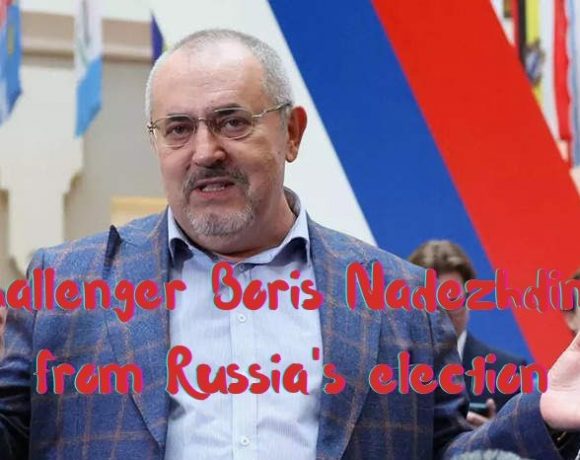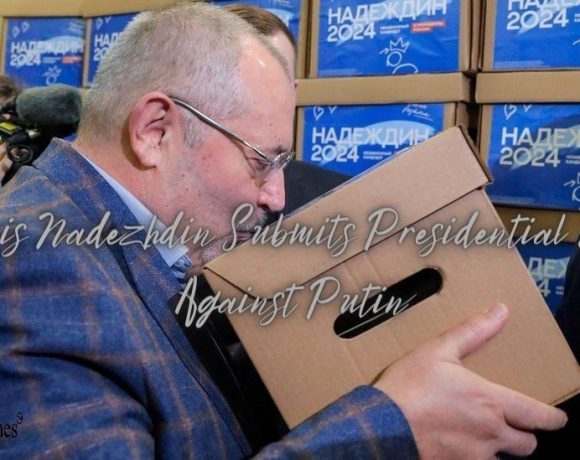
Russia’s election commission has rejected Boris Nadezhdin, an anti-war challenger, as a candidate in the upcoming presidential election, citing flaws in the signatures submitted with his candidate application. Despite his efforts to contest the decision, the commission upheld its ruling. Nadezhdin, however, vowed to challenge the decision in the Supreme Court.
The commission stated that over 9,000 signatures out of the 105,000 submitted by Nadezhdin were invalid, leaving him just short of the required 100,000 valid signatures. Nadezhdin expressed frustration, claiming widespread support and citing polls that positioned him as the second most favored candidate after Putin.
Nevertheless, the commission chairwoman, Ella Pamfilova, declared the decision final, suggesting that Nadezhdin could pursue legal action if he wished. The election is scheduled for March 15-17, with Vladimir Putin expected to secure victory as opposition candidates perceived as Kremlin-friendly dominate the race.
Despite the setback, Nadezhdin remained resolute, asserting that his candidacy was a crucial political decision. He had garnered significant support, amassing over 200,000 signatures nationwide. Nadezhdin, known for his appearances on state-run TV as an anti-war figure, emphasized his commitment to ending the conflict in Ukraine and normalizing Russia’s relations with the West.
Although his candidacy initially faced skepticism from some opposition figures, prominent voices like Alexei Navalny and Mikhail Khodorkovsky endorsed Nadezhdin’s campaign. However, pro-Kremlin commentators accused him of being a pawn for “Ukrainian Nazis,” reflecting the divisive nature of his candidacy.
Nadezhdin’s bid for the presidency echoes previous attempts by candidates to run on an anti-war platform, underscoring the prevalent sentiment of opposition to Russia’s involvement in Ukraine. Despite being barred from the race, Nadezhdin’s campaign resonated with segments of Russian society, particularly those affected by the conflict.
Picture Courtesy: google/images are subject to copyright


